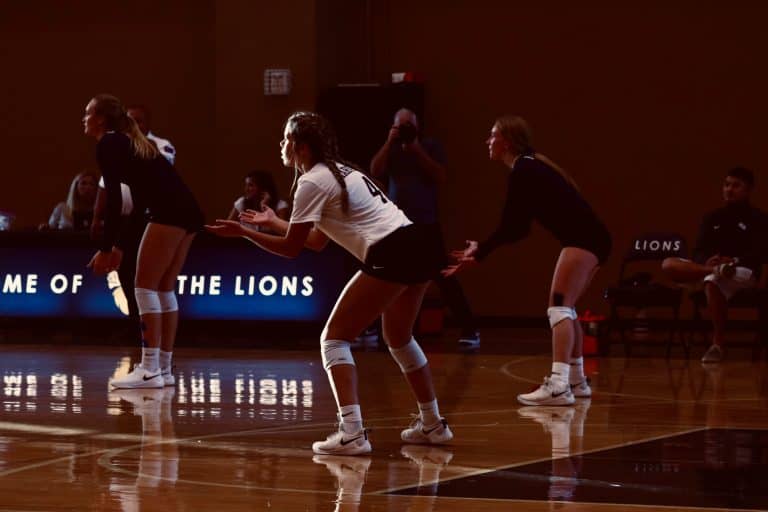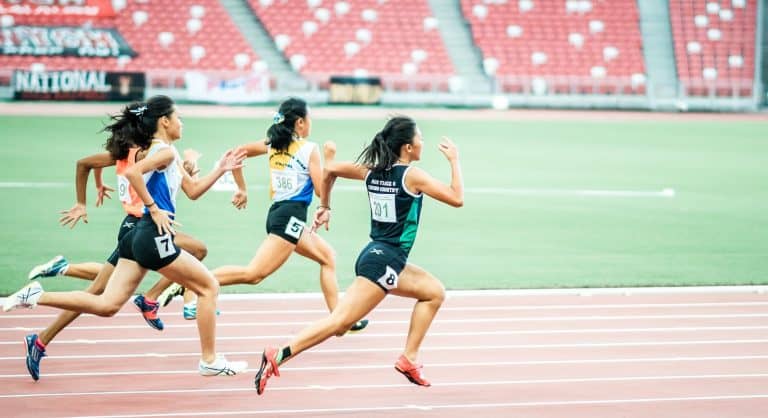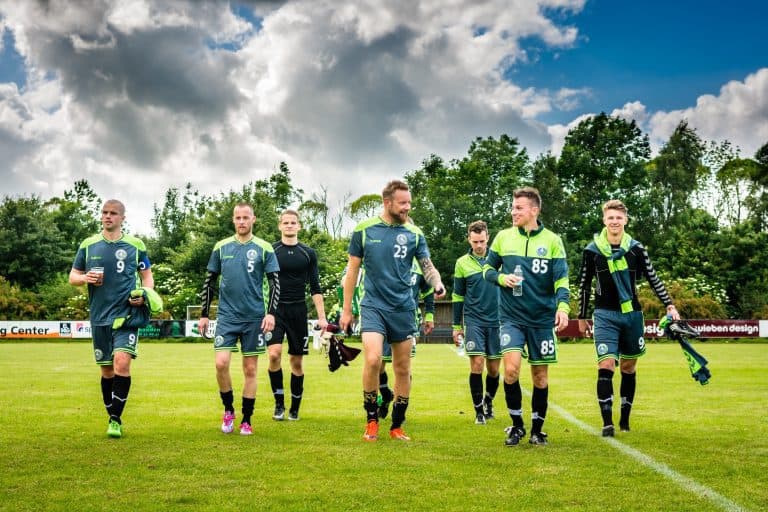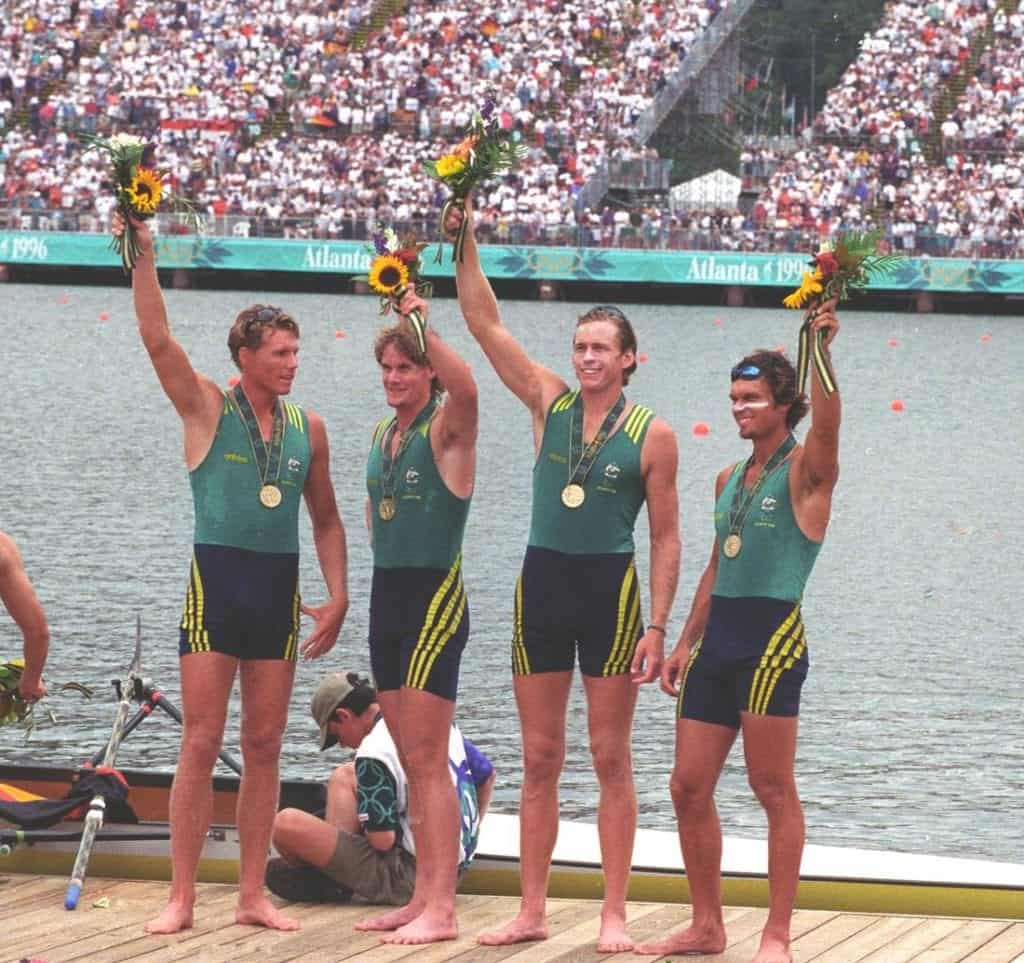Season after season, regardless of code, successful coaches constantly chase the competitive edge. They review, analyze, and strategize, reinvent what they do, and evaluate how to take their team to the top. Holly Hesse is renowned for her success both on and off the pitch in establishing wholistic connection throughout her program as Head Coach of Missouri State Softball. So what factors are crucial for program and student-athlete success? We sat down with Holly to discuss her experience and approach to consistently getting the best out of her staff and student-athletes throughout the last four decades.
Currently in her 35th successful season leading the team, Holly has secured more than 800 victories, made six NCAA Tournament appearances, and her program has consistently been recognized for its team’s combined GPA, which ranks among the highest in the nation.
Holly opened our discussion with the following,
“To have a good program, you need to have structure and a plan. My highest purpose and passion in coaching is developing the student-athlete on all levels; the physical, the mental, the emotional, the social, and the moral.”
Holly’s dedication to leadership provides student-athletes with the opportunity to learn life-long lessons that they carry through with them into whatever comes next. She is distinguished for not only her leadership development and insight, but also the lasting lessons embedded within each of her student-athletes long after they leave the program.
Holly added,
“The day I’m most proud, is any day an alumnus contacts me to let me know that they are still impacted by what they learnt in the program. It might be five, ten, fifteen years later, whether they’ve gone to a course at work, or they’re teaching their family the ideas they learnt in the program.”
Explaining her leadership model, which by design is aimed at preparing student-athletes for the responsibility, both in sport and in life, Holly detailed how the process starts in the freshman year, with the focus on self-leadership. Following that, Holly explained Sophomores then work on mentoring and modeling, Juniors take charge of chair committees where they oversee smaller groups within the team, and the coaching team expect their Senior student-athletes to lead the collective group.
Self-awareness is integral to Holly’s student-athlete development program. Better understanding the natural behavioral strengths of individuals is key from an athletic, leadership, academic, and post-sport career perspective. Holly explains that new players who join the team each year are asked to complete an Athlete Assessments AthleteDISC Profile before they arrive on campus. Each individual’s AthleteDISC Profile report details the way their behavioral preferences influence how they practice and compete, their pace, communication style, and the way they build relationships with the people around them. The report also offers insights into the unique attributes of each athlete, including their strengths, motivations, and key components they need to be successful, along with their potential areas for improvement. Once completed, Holly dedicates one-on-one time to go through each student-athlete’s profile with them to ensure understanding and solidify behavioral strengths, whilst also noting potential limitations.
One of the things we were most interested in, is the way Holly facilitates the development of her team’s dynamic. She explained,
“In our one-on-one catch ups we talk a lot about using personal strengths to benefit the team. So, if I’m talking to a high Dominance (‘D’), I would say, ‘Hey, I need you to drive results and be somebody who’s holding people accountable.’
If I’m talking to a high Influence (‘I’), ‘Hey, we need your energy, especially when we’re losing and things aren’t going well, we need you to be somebody who steps up and gets us going in a positive direction.’
Steadiness (‘S’), ‘Hey, when it comes to conflict and teamwork, we need you. You’re the glue that keeps the team together.’
If they’re a high Conscientious (‘C’), ‘Help us problem solve, help us make sure that we stay organized and on track.’”
Holly also detailed the way she works with the student-athletes who make up her team, rather than highlighting a lack of certain profiles, or assigning people to fill certain roles. This approach allows the student-athletes to play to their strengths, utilizing their preferred behaviors and maximizing other elements of their DISC Profiles.
“We might see that we have something missing within our leadership group and so I say, ‘We are going to need those of you that have this as a secondary characteristic to really step up in that area because our natural profiles leave us a bit short in this area.’”
Each year Holly and her team of coaches analyze their athletes through the DISC lens, mapping out where each profile sits, what profiles are leaving or staying, and the deficits they may need to address in recruiting. Then throughout the season, Holly holds group sessions which focus on the strengths and limitations of each style and how this affects the team dynamic, communication, and conflict resolution within their team.
She explained,
“We keep coming back to DISC throughout the year and it’s just been a tremendous tool to help develop communication and trust within our program. The players can access each other’s DISC Profiles, and all of the staff profiles, which I think is important. I encourage them when they have a conflict with a teammate to go and read that person’s profile and really think about the platinum rule*, not just the golden rule, of communicating with that person.”
*Platinum rule is to treat others how they want to be treated.
To further allow the athletes to explore their profiles and non-technical roles beyond the pitch, Holly creates committees and smaller teams within her program called Wolfpacks, where the athletes are matched up with responsibilities and tasks that best align with their individual profiles.
She elaborated,
“So, the entertainment committee that’s going to be mostly I’s because I’s love to entertain, right? The organizational committee is made up of C’s. So, between the Wolfpacks and the committees, both of which are based on DISC, things run very smoothly.”
As a leader and coach, Holly actively understands her own coaching behavior, her natural preferences, and the adaptations she needs to make to maintain the connection she has with her student-athletes. Sharing her own profile, which is high in Conscientious, Holly provided an insight into the way she utilizes the profile in her position to be successful.
“As a high C, I like to structure things as 1, 2, 3, 4, and very few athletes really grab onto that type of learning. So, I really do have to adapt in terms of getting away from that type of structure and make learning more about an experience than just me feeding them the information in steps like that. That was a huge adaptation I had to make.”
Reflecting further on her approach, Holly shared,
“I really focus a lot on tasks and goals and I’m all about that curve ball hitting the kneecap. I’ve really had to focus more on the person who is throwing the curve ball and developing that relationship, being more social, more interactive, and asking questions before workouts start because much of our team is high I, so that’s a huge adaptation I make in terms of my coaching.”
True to her high ‘C’ coaching style, Holly shared her thorough and well-structured coaching philosophy.
“My philosophy is called the diamond of success and it’s laid out on a softball diamond at the nine position and then it includes the two on-deck circle, so there are 11 pieces to our philosophy. It is designed to develop our student-athletes and help them learn and grow in each of those five areas.”
In 2018, Holly was inducted into the Missouri Sports Hall of Fame for her commitment and success in softball, both on and off the pitch. Gaining an insight into the approaches, strategies, and experience of successful coaches like Holly, aids in the process of review and analysis of our individual coaching practices, and we greatly appreciate her openness in sharing some of the pillars that have contributed to her four decades of success and stability as a coach.


Biography for Holly Hesse
Holly Hesse is the Head Coach of Softball at Missouri State University. 2023 will be her 35th season leading the Bears and she is the most successful coach in Missouri State history, with over 800 victories including two regular-season MVC titles, six MVC tournament crowns, and six NCAA Tournament appearances. The National Fastpitch Coaches Association has recognized her program four times as an NFCA Division I Top 10 All-Academic Team. Moreover, the Bears are ranked among the top in the nation for their team GPA. As an athlete herself, Holly won 161 games as a pitcher for Waukon High School in Iowa, and helped Creighton University reach three consecutive College World Series wins, including the inaugural NCAA Women’s College World Series.
Where to from here?
Development isn’t a place we arrive at; it is a constant process we remain in. As coaches, we review and re-visit what we do and the way we do things. If, like Holly, people rely on you to bring them reliable and quality tools to facilitate the development process, we encourage you to explore our suite of DISC Profiles and free online resources. If what you read gives rise to any questions, or we can help you perform at your best, don’t hesitate to reach out and contact us!
LOVE THIS ARTICLE?
DOWNLOAD YOUR FREE, PRINTABLE PDF COPY BY FILLING OUT THE FORM BELOW!

Recommended Articles
Founder of Athlete Assessments, Bo Hanson, sits down with Mississippi State Volleyball Head Coach, Julie Darty Dennis, and Director of Student-Athlete Leadership Development at the University of Michigan, Brian Townsend, to get the ‘how-to’ from the experts in athlete leadership.
What are the critical factors that makes an athlete’s transition at the end of their sporting career a positive one? We asked the experts, those who have been through it, seen others do it, or helped others through it.
To determine what the defining factors are of a successful mentoring program, we explore some of the top initiatives from different corners of the world. While ratios, cohorts, sports, and program structures differ within these formalized mentoring programs, what remains consistent are the considerable benefits reaped by all involved.







